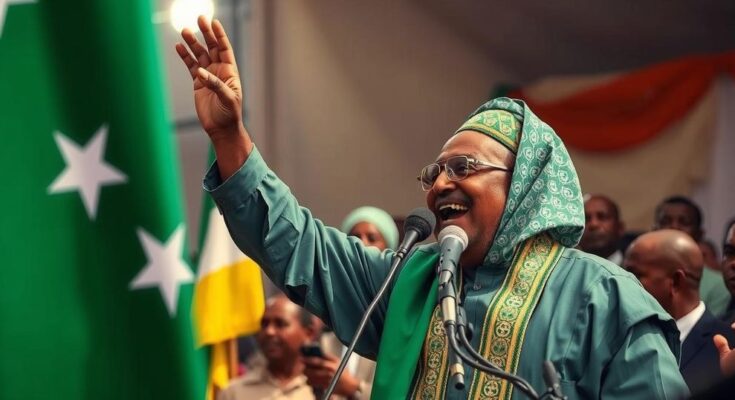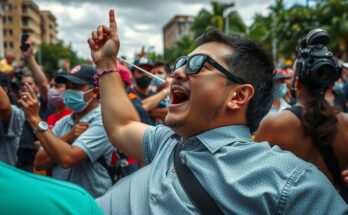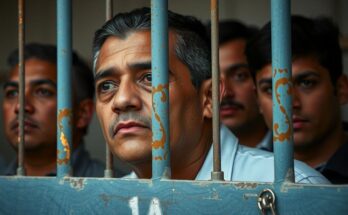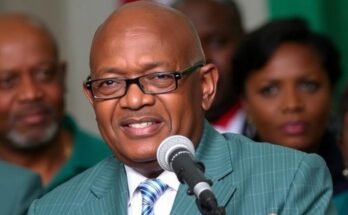Abdirahman Mohamed Abdullahi, known as ‘Irro’, won the Somaliland presidential election with 64% of the votes, defeating incumbent Muse Bihi Abdi. Abdullahi aims to enhance international recognition for Somaliland, which declared independence in 1991 but remains unrecognized by any country. The election followed a two-year delay and promises economic revival amid geopolitical tensions involving Ethiopia and Somalia.
Abdirahman Mohamed Abdullahi, leader of the Waddani Party, has emerged victorious in the recent presidential election of the self-declared Republic of Somaliland, garnering approximately 64 percent of the votes. This marked a significant triumph over the incumbent president, Muse Bihi Abdi of the Kulmiye Party, who received around 35 percent. Abdullahi, also referred to as ‘Irro’, pledged to prioritize efforts aimed at obtaining international recognition for Somaliland, which has been operating independently since its declaration of independence in 1991 amidst Somalia’s prolonged civil conflict. The election took place after a two-year delay caused by funding issues and other obstacles, and the peaceful transition of power highlights Somaliland’s stable political environment in contrast to the turmoil experienced in Somalia. Although the self-proclaimed region has maintained its governance, currency, and security systems, it remains unrecognized by any nation, hindering access to international financing and limiting the rights of its citizens to travel abroad. The government of Somaliland has plans to finalize a potentially controversial agreement with Ethiopia, which may provide it access to the sea in exchange for a detailed assessment regarding its quest for recognition on the international stage. This agreement has raised concerns within Somalia regarding sovereignty violations and potential conflict, as it aligns with Ethiopia’s historic rivals, Egypt and Eritrea. Furthermore, there are optimistic expectations that the incoming administration of Donald Trump will reconsider the long-standing U.S. endorsement of Somalia’s sovereignty over Somaliland, especially given the support expressed by key U.S. Department of State officials during Trump’s initial term.
Somaliland formally declared independence from Somalia in 1991 amid the latter’s descent into civil war. Despite establishing a stable governance structure, it lacks international recognition, which hampers its ability to engage in global commerce and diplomacy. The recent election saw fierce competition reflecting Somaliland’s aspirations for sovereignty and economic revitalization. The agreement with Ethiopia is central to its efforts for international acknowledgment, alongside its relationship with potential U.S. policy shifts under the new administration.
The election of Abdullahi as president of Somaliland is a pivotal moment in the region’s ongoing quest for international recognition and economic stability. His commitment to reviving the economy and enhancing Somaliland’s standing on the global stage sets a hopeful trajectory for its six million citizens. However, the geopolitical tensions with Somalia and neighboring nations, particularly concerning the Ethiopian agreement, will require careful navigation to ensure peace and progress in the region.
Original Source: www.aljazeera.com




